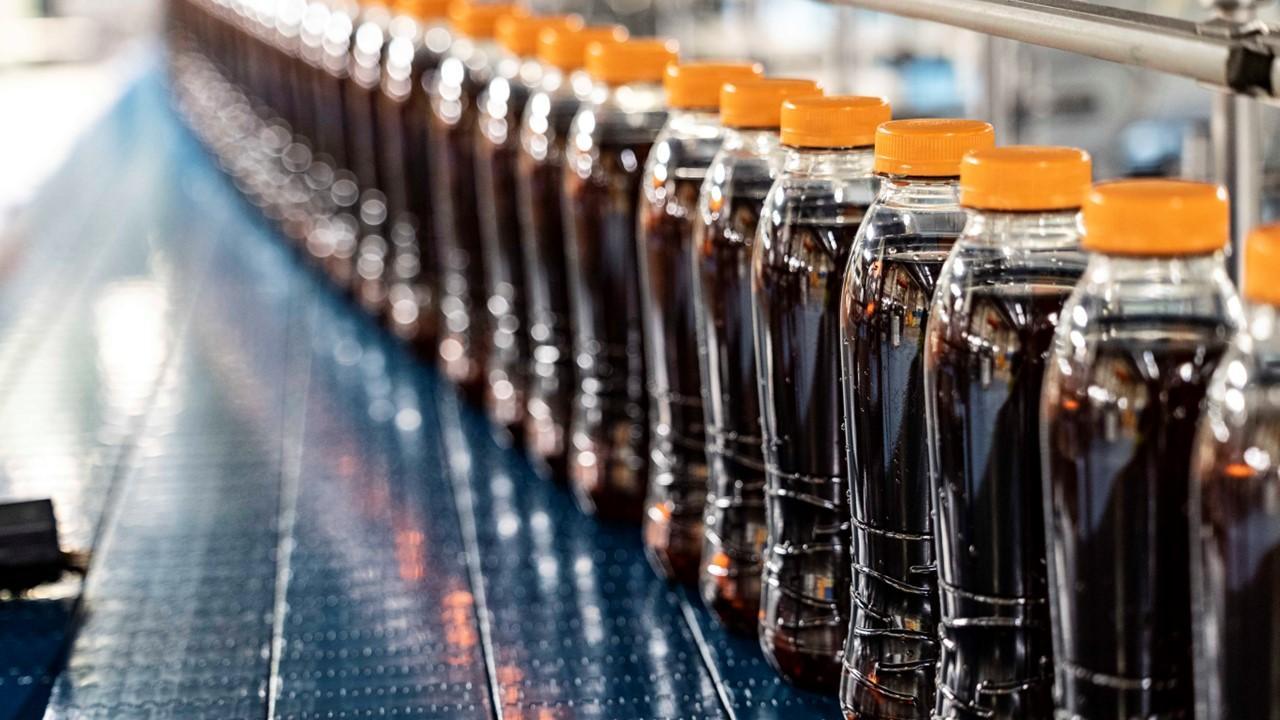Africa-Press – Botswana. Botswana is home to a variety of indigenous plants with unique flavors and health benefits. Among these, lerotse and morula stand out as culturally significant and potentially lucrative for the beverage industry. Bottling teas made from these local ingredients presents opportunities to expand the market for traditional products while promoting Botswana’s natural heritage.
Lerotse, a wild fruit native to Botswana, is rich in vitamins and antioxidants. Morula, another indigenous fruit, is well-known for its nutritional value and is traditionally used in food and beverages. Both fruits can be processed into teas that offer unique flavors not commonly found in commercial beverages. Bottled versions of these teas provide convenience while maintaining traditional health benefits.
Several local companies have begun experimenting with indigenous tea products. These ventures focus on sourcing ingredients sustainably, working closely with rural communities to ensure fair compensation for harvesters. This approach supports local economies and promotes ethical production practices.
Bottling indigenous teas also opens export opportunities. As global consumers increasingly seek natural, functional beverages, products like lerotse and morula tea could appeal to niche markets interested in exotic flavors and wellness benefits. Packaging and branding that highlight the teas’ cultural origins can help differentiate them in competitive international markets.
Challenges exist, including ensuring consistent quality, shelf stability, and compliance with food safety regulations. Investments in processing facilities, quality control, and marketing are necessary to scale production successfully. Partnerships with government agencies and private investors can help local producers overcome these hurdles.
In addition to commercial potential, bottled indigenous teas help preserve traditional knowledge. By creating market demand, producers encourage the cultivation and use of local plants, keeping cultural practices alive for future generations.
In summary, bottling lerotse, morula, and other indigenous teas offers Botswana a chance to expand its beverage industry, support rural livelihoods, and promote cultural heritage. With careful investment and strategic marketing, these teas can become both a national product and an exportable commodity.
For More News And Analysis About Botswana Follow Africa-Press






